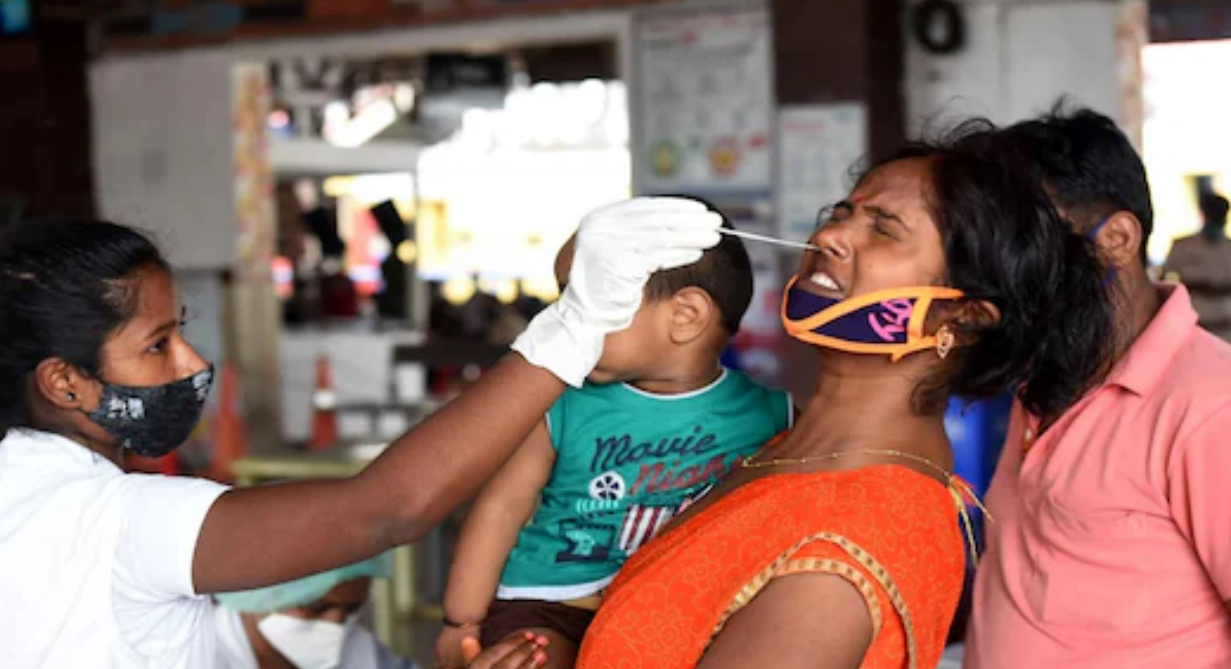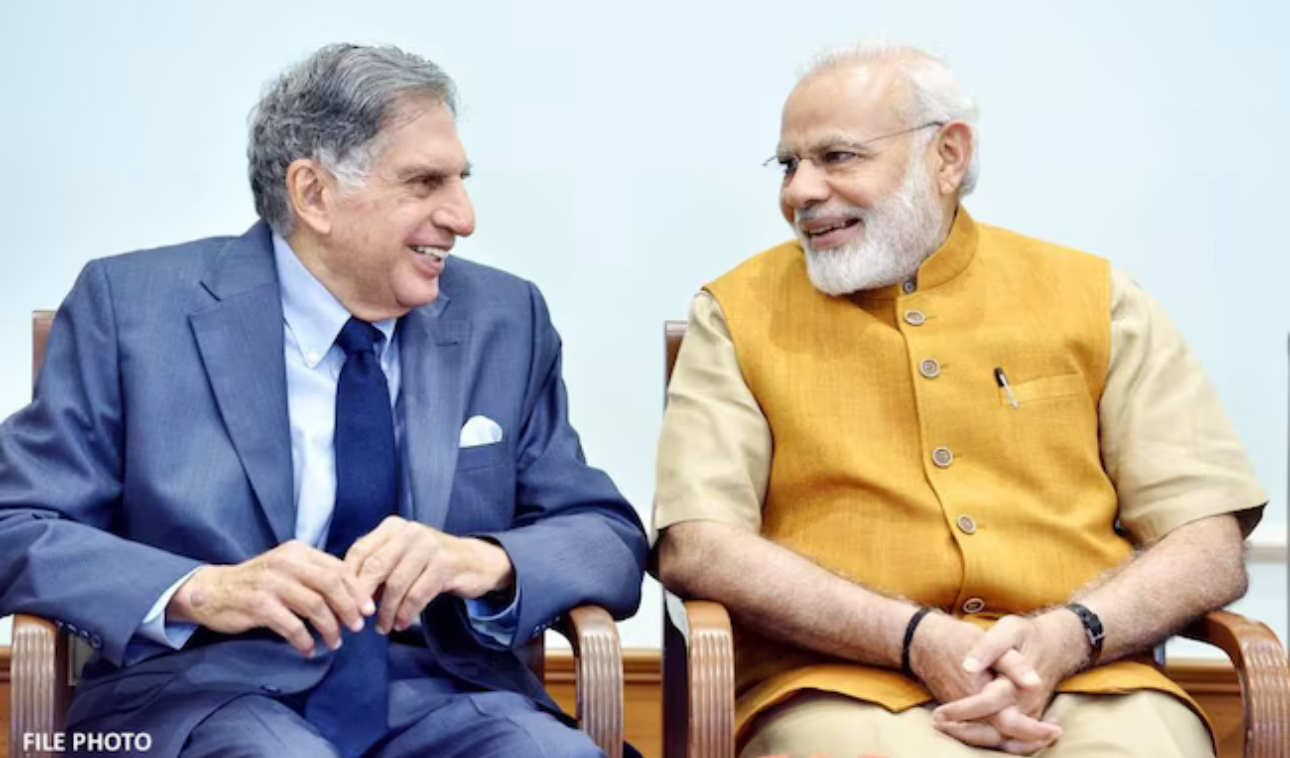COVID-19 Cases Surge in India: Active Infections Rise Sharply, Kerala Most Affected

New Delhi, June 1 — India is experiencing a significant spike in COVID-19 cases, with active infections rising to 3,395 as of Saturday morning. The Ministry of Health and Family Welfare reports a more than 1,200% increase compared to just 257 active cases on May 22. In the last 24 hours, the country recorded 685 new cases and four deaths.
Kerala remains the most affected state, with 189 new cases reported on Friday and a total of 1,336 active infections. It is followed by Maharashtra with 467 active cases and Delhi with 375. Other states showing rising numbers include Gujarat (265), Karnataka (234), West Bengal (205), Tamil Nadu (185), and Uttar Pradesh (117). Smaller increases have also been seen in Rajasthan, Puducherry, Haryana, Andhra Pradesh, and Madhya Pradesh.
Health experts attribute the surge to new sub-variants of the Omicron strain, including LF.7, XFG, JN.1, and NB.1.8.1. These variants have been detected in samples from the southern and western regions of India. According to Dr Rajiv Behl, Director General of the Indian Council of Medical Research (ICMR), the first three variants are the most common in current infections.
Dr Behl noted that the increase in cases began in the south, moved westward, and is now spreading to northern parts of the country. However, he emphasized that the infections remain mild in severity, with no signs of rapid transmission or widespread severe disease. He added that most new cases are not resulting in serious illness, especially among those without underlying health conditions.
He reassured the public that there is no immediate cause for alarm. Unlike previous waves where cases doubled within days, the current rise has been more gradual. Dr Behl also said that existing immunity, whether from vaccines or past infections, appears to be holding up well against the new variants.
The World Health Organization has classified LF.7 and NB.1.8.1 as “Variants Under Monitoring.” In a statement issued on May 23, the organization said that while there has been an increase in cases and hospitalizations in some countries, there is no evidence these sub-variants cause more severe illness. The WHO also noted that current COVID-19 vaccines are expected to remain effective against these strains in preventing both symptomatic and severe cases.
Health officials in India continue to monitor the situation closely. While no new restrictions have been announced, experts advise the public to take precautionary measures such as wearing masks in crowded places, practicing good hygiene, and staying up to date with vaccinations.


















Facebook Comments